1903
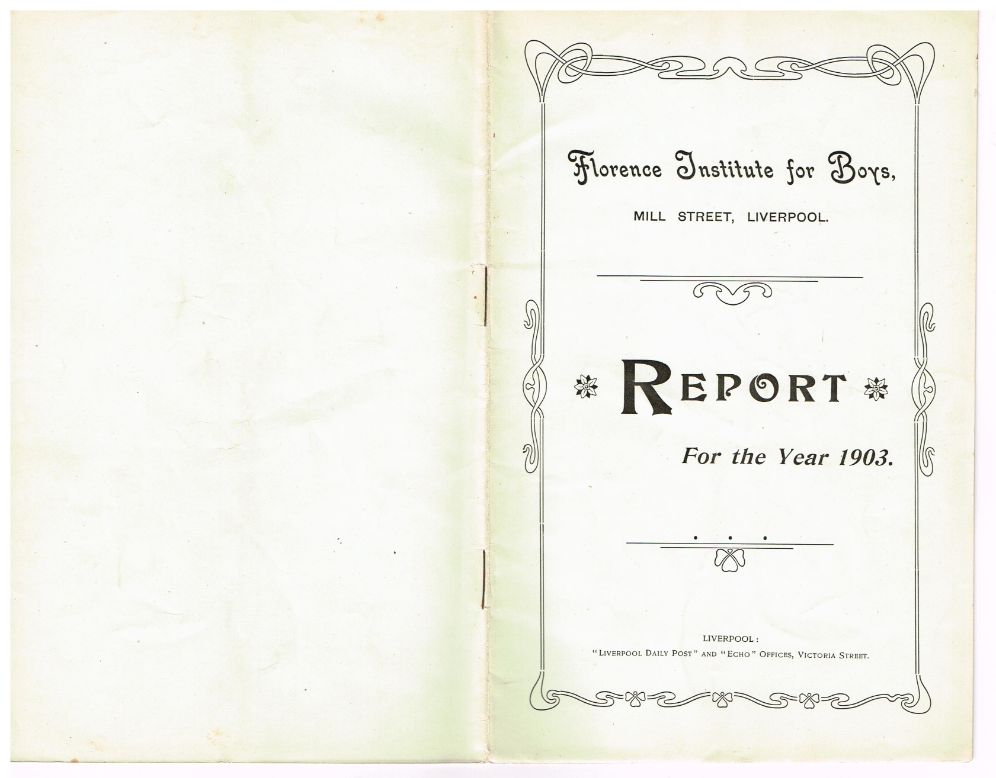
1903 1903 witnessed a slight drop in attendance and income for the Institute, as a sickness epidemic hit the neighbourhood. In addition, Grafton Street’s Industrial school cancelled its hire of the gymnasium due to the opening of its own, which contributed to the hit. Despite this, its members continued to save their pocket money carefully, […]
1906
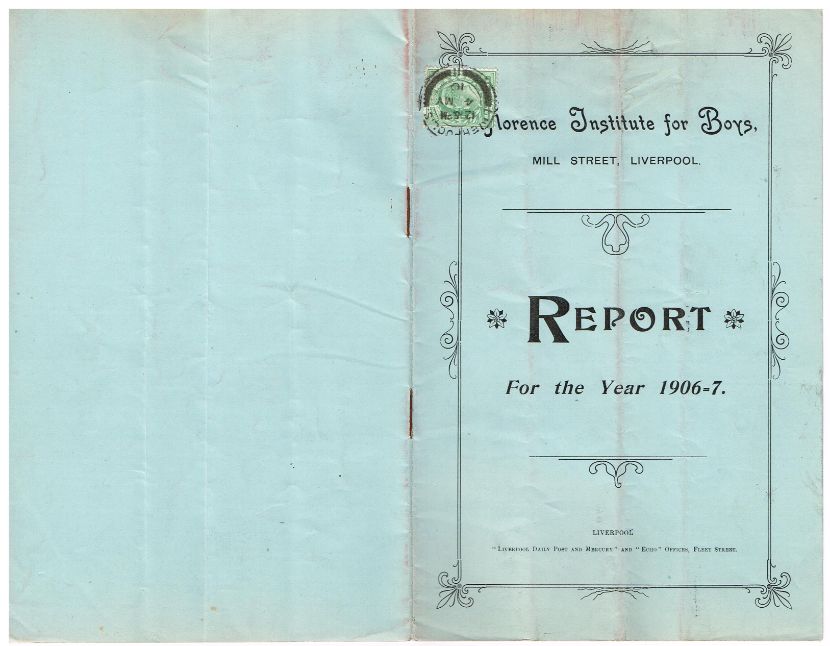
1906 This report witnessed a small decrease in attendance of 918, attributed to unusually fine weather in March, and competition from the Liverpool Education Committee, which provided evening continuation classes. Despite the smoking ban of 1905, there was still ‘great demand’ for the Seniors’ Room in particular, and it was anticipated an additional room might be needed to […]
1902
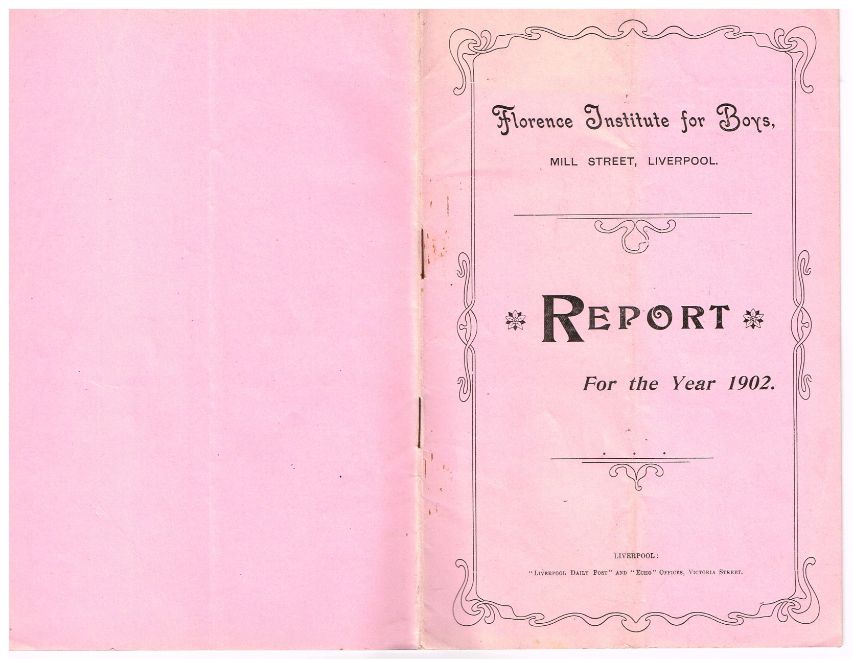
1902 The Cadet Battalion grew stronger this year; a free grant of ammunition from the Government was given to fund and increase opportunities at the firing range. ‘The value to the nation of accustoming youths to the effective use of the rifle is manifest as bearing on practical schemes of defence, the necessity for which the […]
1901
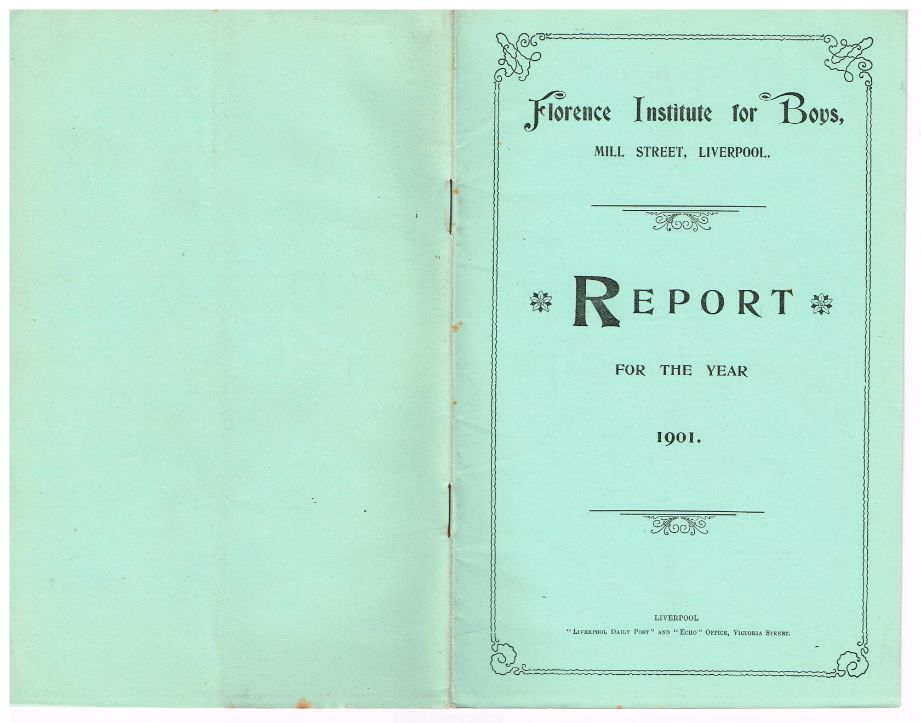
1901 Numbers gradually increased to 47,298 this year, with the Institute attracting an average attendance of 166 per day. The Institute attributed much of its popularity to the high standard of entertainment provided, particularly by local amateurs, who kindly gave their services by offering good, wholesome entertainment for the working classes of the Dingle. The […]
1900
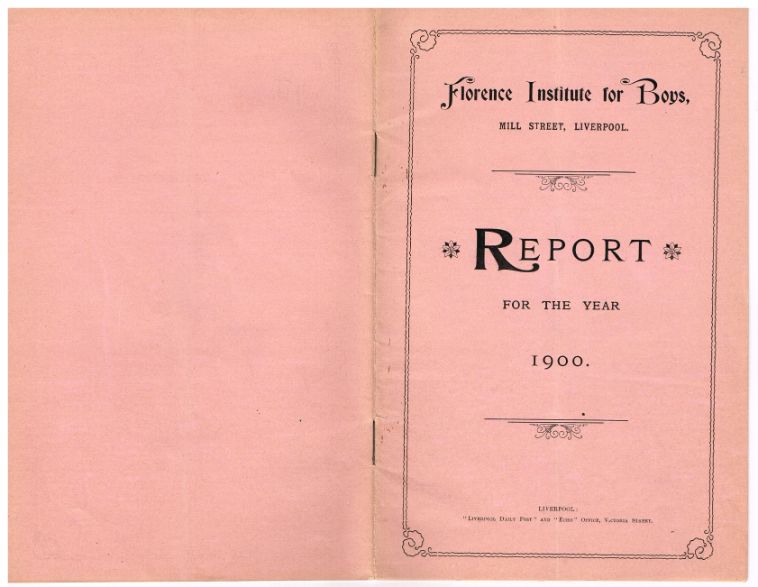
1900 During 1900 The Florence Institute was open 293 days, with 40,551 attendances, an average of 138 people per day. During the year particular interest was paid to an Industrial Exhibition to encourage members and their parents ‘the necessity of doing something worthy for themselves’. Unfortunately, the boys’ and parents’ results proved to be not entirely […]
1899
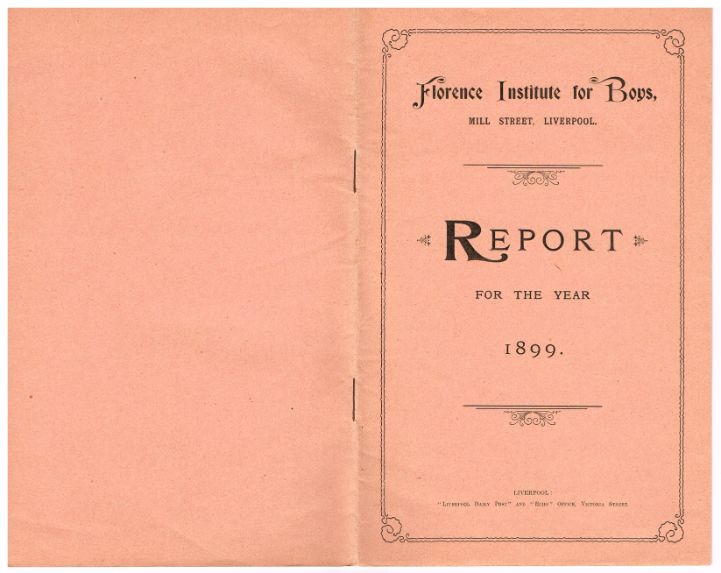
1899 The 1899 report clarified the Institute’s role as a provider of education, physical recreation and entertainment. It announced that the education department was not in active operation, and stated that ‘All instruction must by the express terms of the Trust Deed be purely voluntary, and we are also by the same deed prohibited from […]
1898
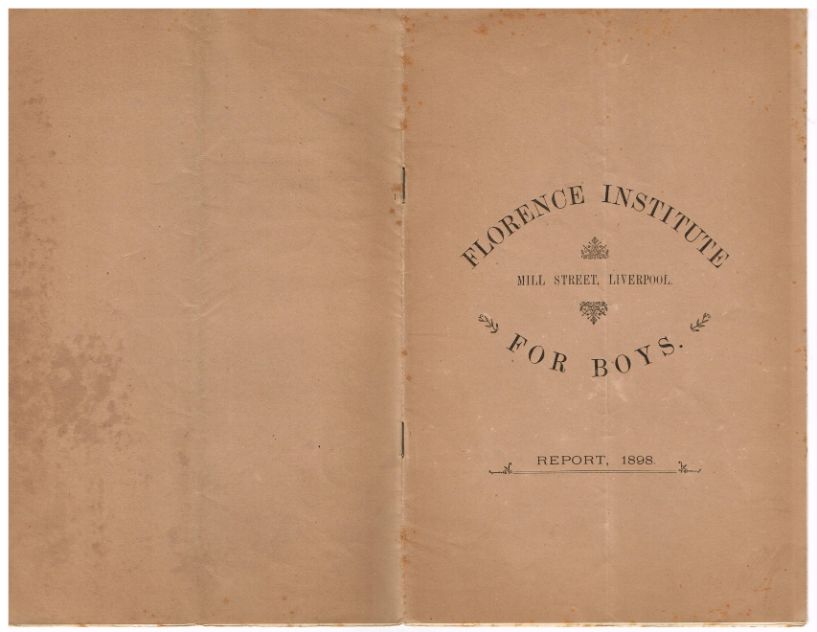
1898 This year marked the first record of boxing at The Florence Institute, with a class formed by Mr E.C H Wilkins. Success was reported for the Gymnasium members, where at the Competition of Junior Teams of Liverpool and District, the Florence Juniors were victorious, after ‘a very tough fight with the Balfour Juniors and […]
1897
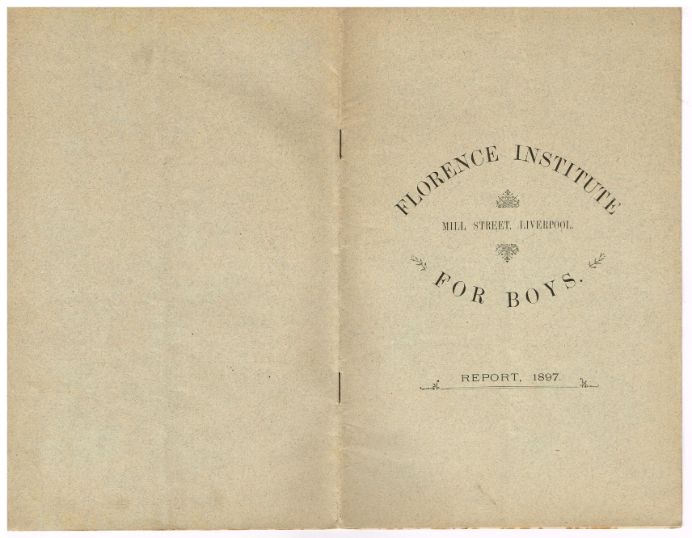
1897 The 1897 report began by announcing the death of the Institute’s president, Mr Thomas Holder, naming his successor as Mr Augustus F. Warr, M.P. The Physical Recreation Committee described steady progress, and stressed the importance of member’s commitment to their activities, particularly the Cadet Detachment, who were highly praised at the annual inspection by […]
1896
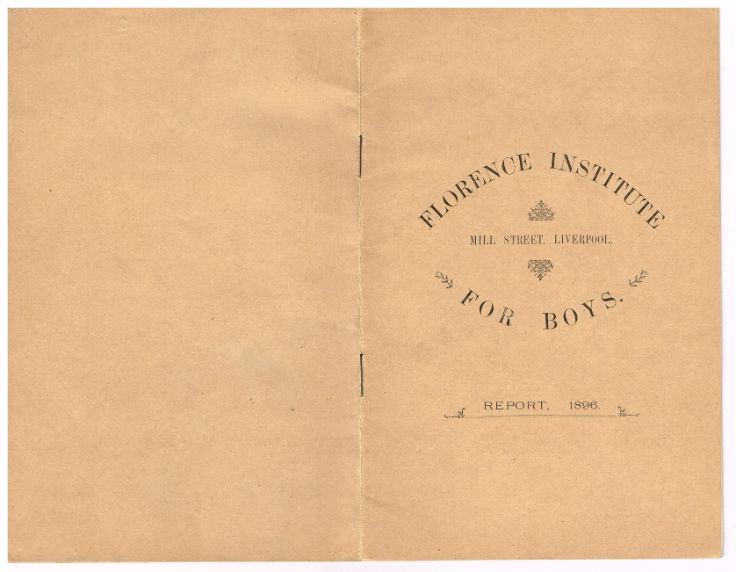
1896 The 1896 report detailed the Institute’s attempts to return to form in the aftermath of 1895’s smallpox outbreak. A bequest from the estate of Mr B. Vincent Hall (son of the Institute’s founder) of £5,000 was greatly appreciated; the Institute had been slowly slipping into financial difficulties and it was felt that Mr. Hall […]
1895
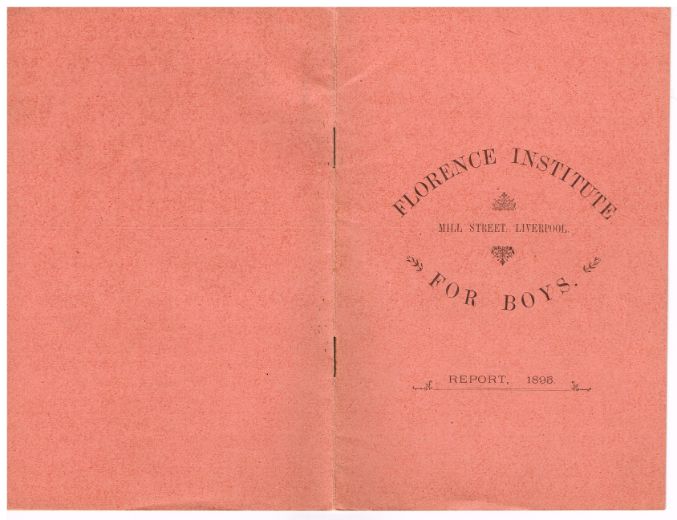
1895 An outbreak of smallpox in the building led to the closure of the Institute for two months whilst it was thoroughly disinfected, cleaned and re-painted, at a cost of £80, over £6,300 in today’s money! Smallpox is a highly infectious disease, which spreads rapidly, especially in densely populated areas. Its symptoms are a rash, […]